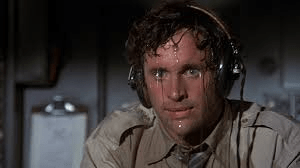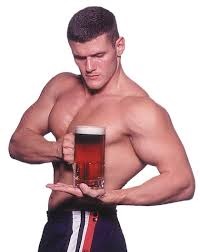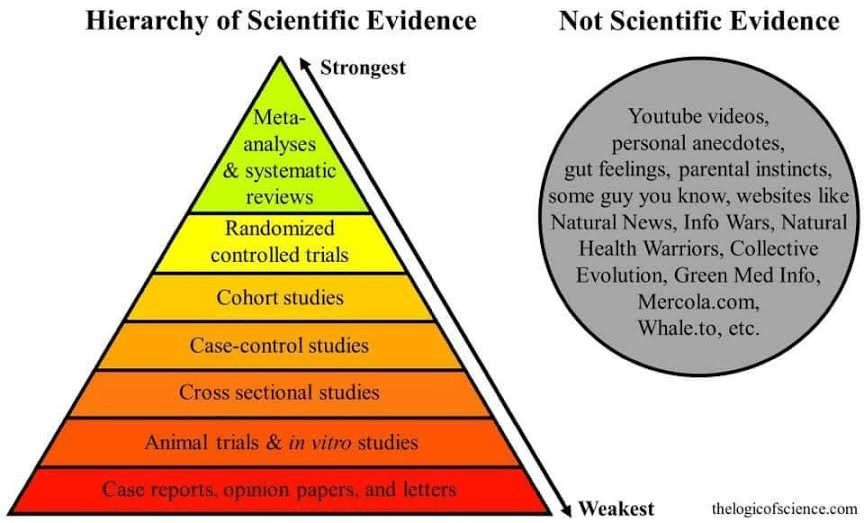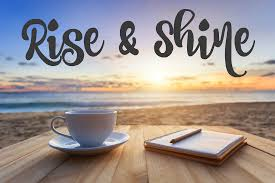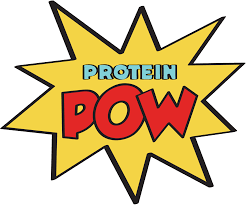It’s inevitable. During the summer we will all likely be doing some traveling for vacation, sports, or a friend who selfishly demanded to do a destination wedding. Of course these events are special, but they will always throw you in a funk when it comes to your health and fitness habits. So today I wanted to go over some tips to help you stay on track with your goals, but more importantly, I want to hear about your favorite tips and tricks for staying on target.
Health Before Fun, Food, or Fitness
Before we dive into the fitness and nutrition side of things, I think it’s important to address the health needs of the traveler. Depending on where you’re going, it’s important to keep a few things in mind. First, if you’re going outside of the country (or to Michigan), make sure you are aware of the water situation. If the tap water isn’t good for drinking, then you will need to game plan for buying bottled water, brushing your teeth, and to keep your mouth shut when you take a shower or hop in a swimming in a pool. Nothing’s worse than running a trip short due to the runs. Speaking of which, consider taking bismuth subsalicylate (sold as Pepto-Bismol and various store brands) before every meal to decrease your chances of developing diarrhea (1). Never eat undercooked foods — eggs, meat, fish or poultry — or any food sold by street vendors, and wash your hands before and after meals to ensure you have a pleasant trip. Finally, make sure you are all up-to-date on routine vaccines (measles-mumps-rubella, varicella (chickenpox), diphtheria-tetanus-pertussis, hepatitis A, typhoid, polio, an annual flu shot, and, if needed, a prescription for generic Malarone (atovaquone proguanil) to prevent malaria. Check out this link to know exactly what vaccinations you need depending on your destination. Be sure to pack an ample supply of sunscreen, insect repellent with 20 percent or more of DEET, and a first-aid kit of hydrocortisone cream, antibiotic ointment and a variety of bandages. When flying, be sure to get up and walk around to avoid blood clots especially if you’re over 40, obese or pregnant, or have limited mobility (for example, because of a leg cast) or have a personal or family history of clots. Although rare, blood clots can be a very serious problem that everyone should be aware of.
Nutrition No Brainers
When I think about traveling and nutrition, I think about how speed is the key. You want to get in and out fast so you can just get to where you’re going. Of course, this means stopping at a fast food place. To avoid the junk at fast food places, I have a few tips that may seem like no-brainers, but actually going through with them is key.
#1 Pre Travel Game Plan – My wife spends hours planning her outfits for any trip. She writes down what she will need for each day of the trip, lays out the clothes, and then makes sure they will all fit in her bag. This same technique should be applied to your nutritional needs for any trip! Make a game plan by writing down how many times you/your family will need to eat, make a note of whether it will be on the road, hotel, or at the destination, and pack a cooler accordingly. The food you make yourself will almost surely be healthier than a number 8 with a soda at a fast food joint. This is especially true if you or your kids will be on the road for sports competitions.
#2 On The Road Game Plan – If you know your travels will take you on the road/air for multiple meals, there Here are a few things you can do to help keep yourself fueled with the good stuff: ask the airline ahead of time for a special meal, request a room with a small fridge for healthy food storage, and pack foods that don’t need to be immediately refrigerated.
#3 The Destination – Wherever you go, there is no excuse for not eating well. There are grocery stores, local markets, and healthy restaurant options everywhere. With a few taps of the smart phone, you can find these locations with ease. Because most of us will opt for the restaurant option, you will want to look for healthy choices online ahead of time;
* Protein (grilled chicken breast, lean beef, shrimp tuna, beans, etc)
* Veggies
* Side dishes because you can make pretty good meal from a few side orders, such as a single egg or a cup of fruit
* Appetizers because ordering a small item or two instead of a table-crushing platter of ribs is always better option
* The classic soup and salad options are filling and familiar
* Eat slowly, put your fork down and take long sips of water between bites so that you aren’t rushing through your meal and filling up before you even notice you’re satisfied
#4 Snacks – I love to snack on long drives because it helps keep me focused. Naturally, there are better options out there than chips and soda to snack on. So here are a few thoughts on what to pack, or what to look for at the gas station, when on the move.
* Focus on portion control when packing your own food. You will eat more if you put everything in one big container rather than many small ones
* Fresh produce such as apples, bananas, oranges, grapes, clementines, celery sticks, edamame and carrot sticks
* Hard-boiled eggs are perfect for any time of the day, but are particularly better for you than a hotel waffle or muffin at breakfast
* Dried fruit/jerky because fruits are packed with potassium and fiber and jerky is an excellent snack that’s low in calories and high in protein.(just make sure they both are unsweetened)
* DIY trail mix with unsweetened dried fruit, nuts, whole-grain cereal and seeds packed them in little snack baggies with cinnamon, pumpkin pie spice or smoked paprika to kick it up a notch
* And my personal favorite, snack sized pickles. No calories (that’s right… 0) and the salt in them will help you retain a little water so you don’t have to make quite so many potty breaks
Exercise & Sleep
When it comes to your health, exercise and sleep are crucial. And traveling will always throw a wrench in the works for both of these. Click this link to learn everything you need to know about sleep and how to keep a regular healthy pattern while traveling. And when it comes to exercise, you should always be able to make time for a quick workout. Those 30 to 45 minutes in the gym during the week doesn’t make up for all the time on your rear. Crunched for time? Well then do a cool 15 minute core workout like this one. Outdoor workouts like a scenic walk or run from the hotel work wonders. In-room workouts offer challenges, but doing dips on a chair, push ups, resistance bands, tennis ball for self-myofascial release, a bag filled with water for resistance exercise, and even a towel can easily be used for a yoga mat. Heck, if you have a wall, you can have a workout! Bottom line, don’t make excuses, just get it done!
References
- DuPont, H. L., Ericsson, C. D., Johnson, P. C., Bitsura, J. A. M., DuPont, M. W., & de la Cabada, Francisco Javier. (1987). Prevention of travelers’ diarrhea by the tablet formulation of bismuth subsalicylate. Jama, 257(10), 1347-1350. doi:10.1001/jama.1987.03390100085031



